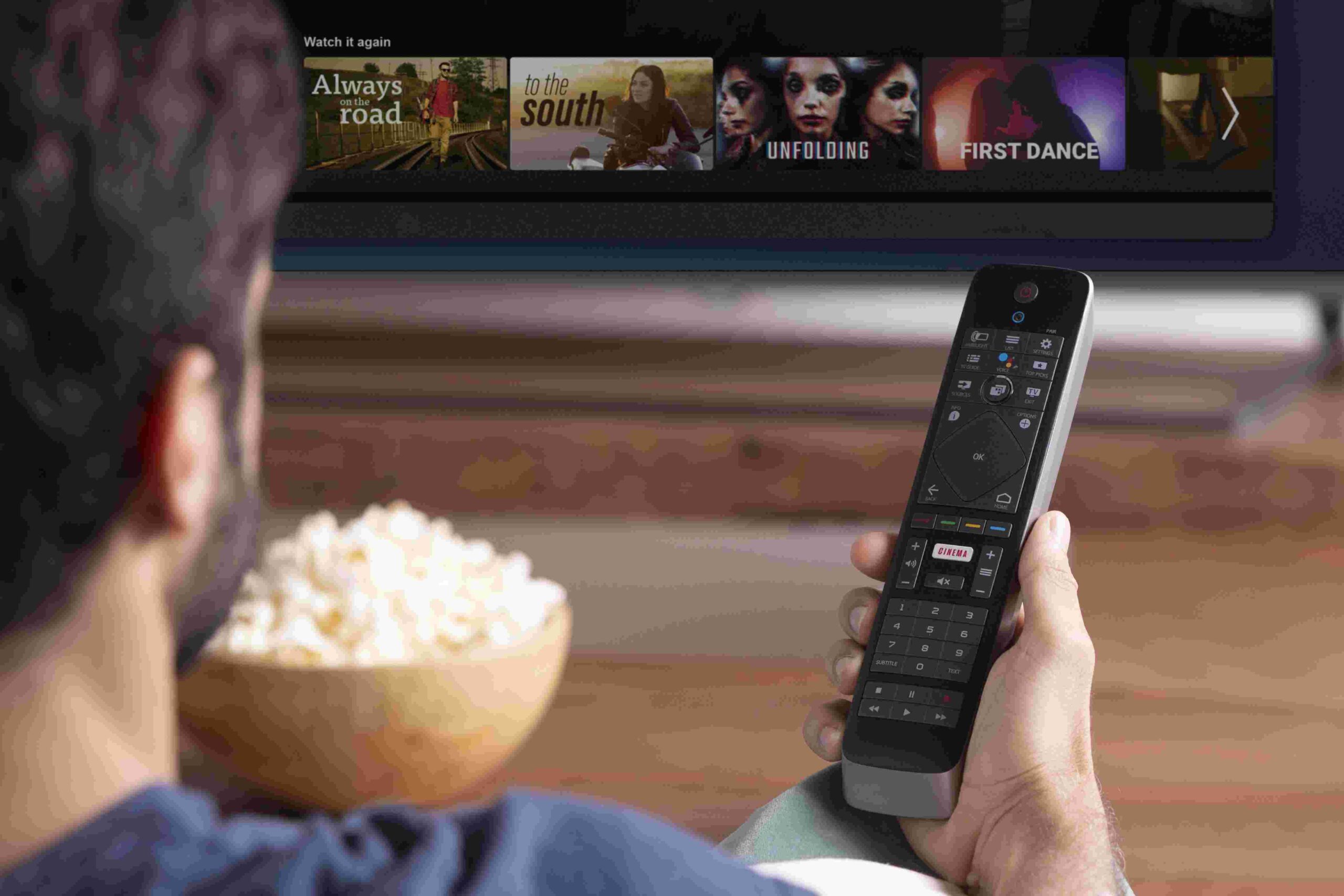
Netflix Case Study: How It Reinvented HR
The Netflix success story goes back decades. It is a company that has survived the bursting of the IT Bubble and has successfully evolved itself from being a company that sold and rented DVDs to the world’s biggest digital media streaming platform.
Not only have they transformed themselves as a company to remain relevant, but logging into Netflix business model as an entertainment activity has become one of the generational-defining cult status activities. There are only a few companies- namely Apple, Microsoft, Nike, and a few others, that have had such a massive impact in shaping society in how they use a service/product.
Naturally, Netflix marketing strategy and its journey over the past 25 years deserve an in-depth analysis. What has made their company tick? What has made them evolve seamlessly from the physical video rental to the digital video streaming era? Let’s find them all in this Netflix Case Study!
Here are some of the ways including Netflix content strategy, marketing strategy, and more by which it has reinvented HR –
- Hire, Reward, and Invest time in mature professionals only
When Netflix began, their leave policy was like any other company, that informed people to “take a vacation” when needed. However, they switched to a policy that simply said- “Act in Netflix’s best interests”. Instead of sticking to a formal leave system, Netflix did the opposite.
Salaried employees at Netflix were advised to take leaves whenever required, and managers and employees were asked to “work it out with one another” to make sure that work isn’t affected. Leadership at Netflix firmly believes that if you hire the right people who are truly motivated to make a difference, 97% of the employees will do the right thing.
- Be honest in assessing employee performance
A key element in this Netflix Case Study was its pivot from traditional performance reviews to 360-degree performance reviews for its employees.
“We kept them (performance reviews) fairly simple. People were asked to identify things that co-workers should stop, start, or continue,” said Patty McCord, Chief Talent Officer at Netflix from 1998 to 2012.
McCord is a firm believer in the opinion that Performance Improvement Plans (PIPs) are “fundamentally dishonest” and “never accomplish what their name implies.” She goes on to remark, “In my experience, people can handle anything as long as they’re told the truth.”
- Company culture is set from the top
Patty McCord believes that there are a few major issues that occur whenever top-level management or owners try to define work culture in their organization.
McCord goes on to explain one of the major issues in a very apt manner. She remembers a conversation she once had with the CEO of Netflix in which she asked a question to the CEO, “Imagine that I work here, and it’s 2:58 pm. I’m playing an intense game of pool, and I’m winning at it. I estimate that I can finish the game in 5 minutes. But we have a meeting at 3:00 pm. Should I stay and win the game or cut short the meeting?”
“You must finish the game,” insisted the CEO; as many start-ups these days try to promote a relaxed culture, believes McCord. She comments further, “You told me that Efficiency is an important cultural value. It is not efficient to delay a meeting and keep co-workers waiting because of a pool game. Isn’t there a mismatch between the values that you are talking about and the behaviors you’re modeling and encouraging?” This mismatch becomes the first issue according to McCord.
With a conscious effort, and a roadmap laid out to reinvent the wheel to get the best out of employees, Netflix has most certainly managed to create a path for itself where it questioned the traditional customs followed by Human Resources around the world and managed to do things differently in a more efficient and yield better results.

